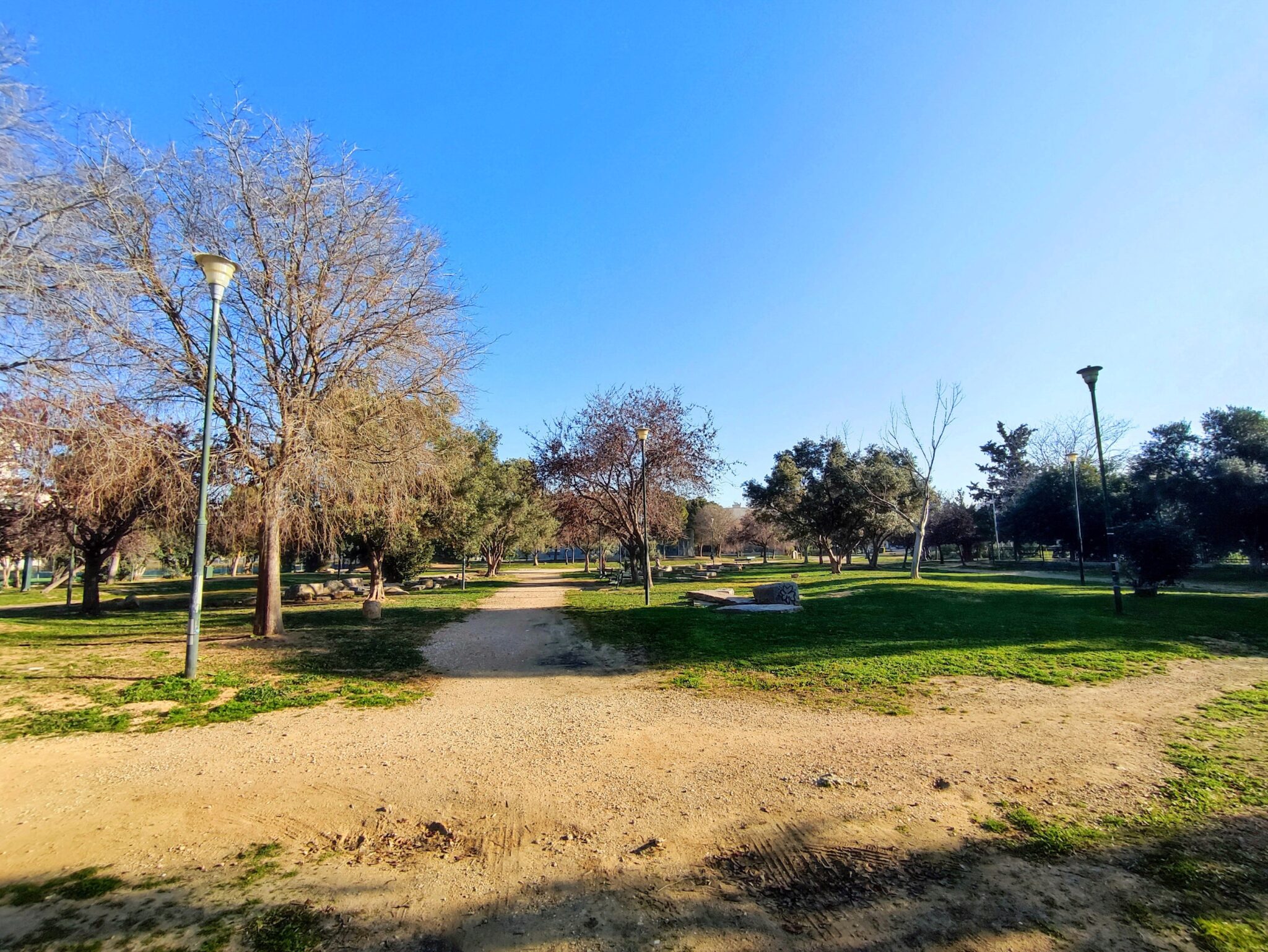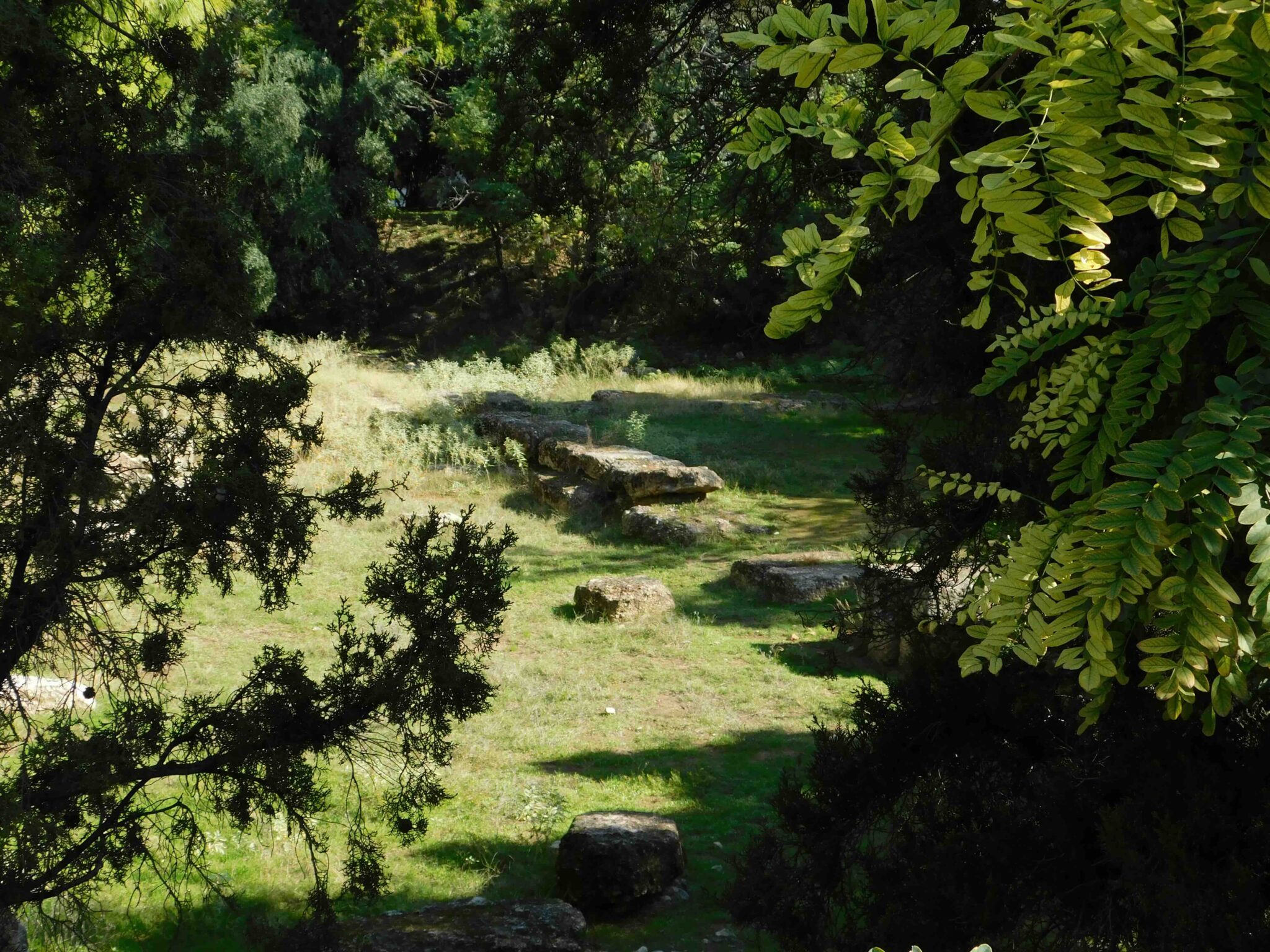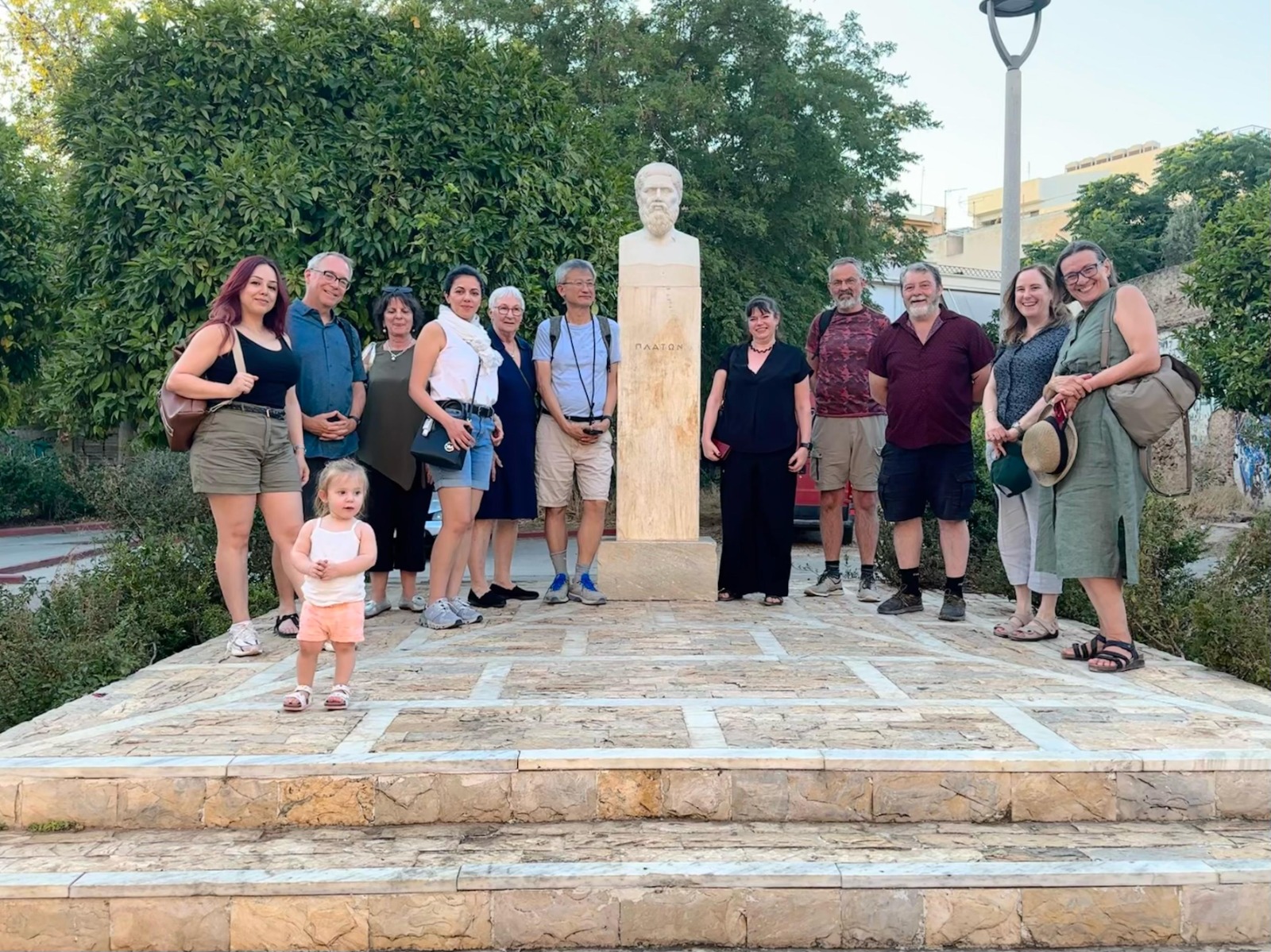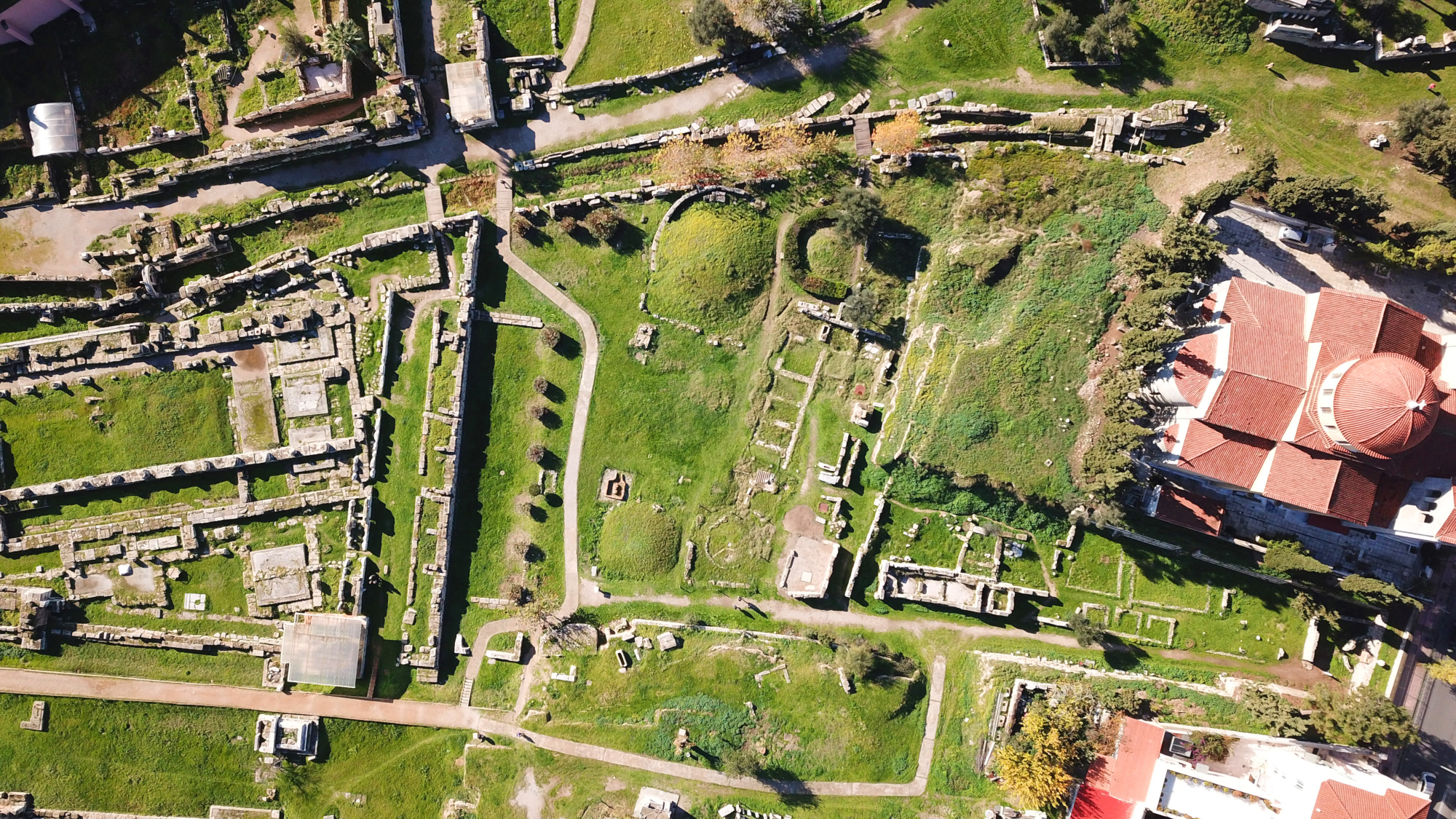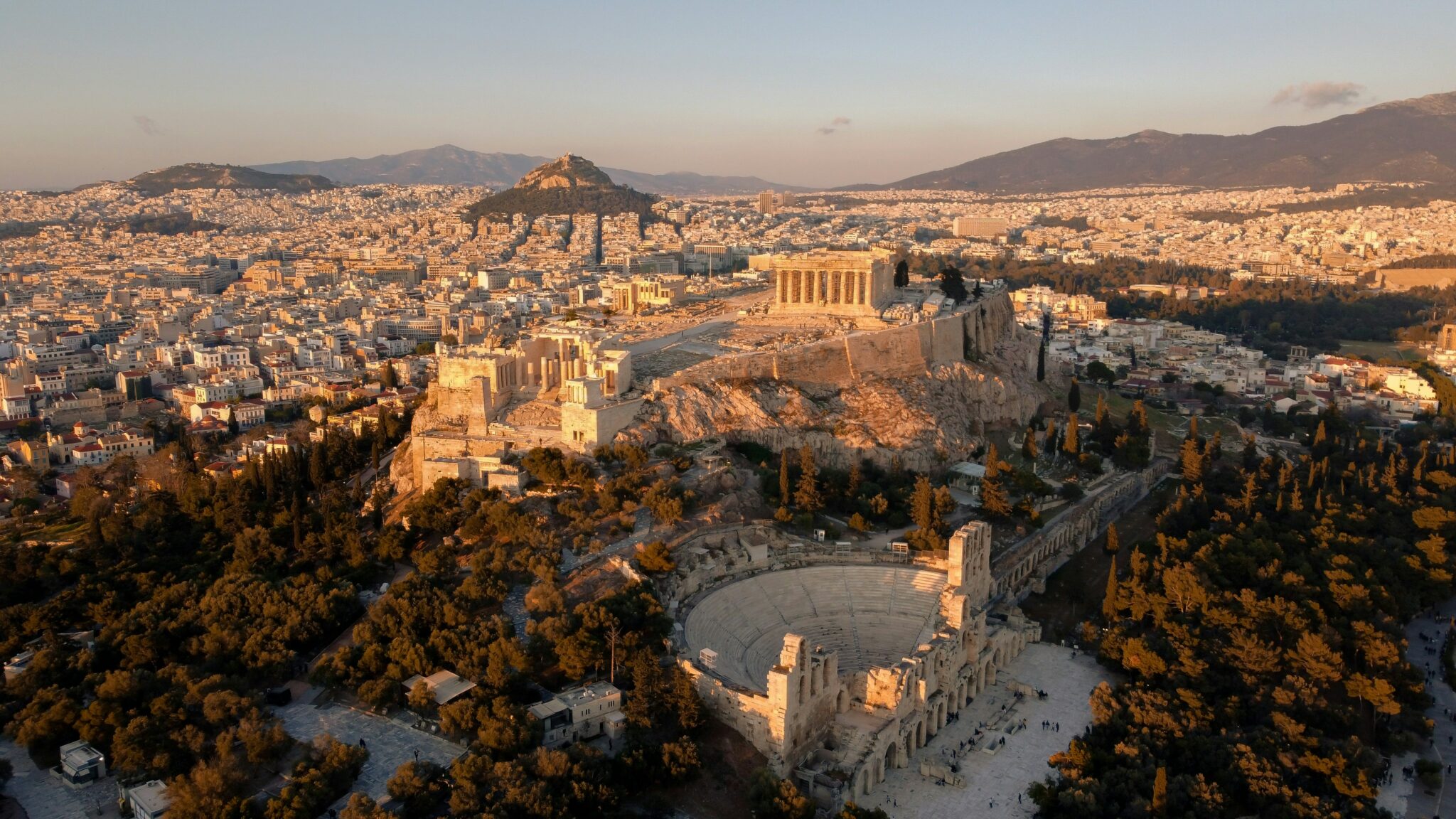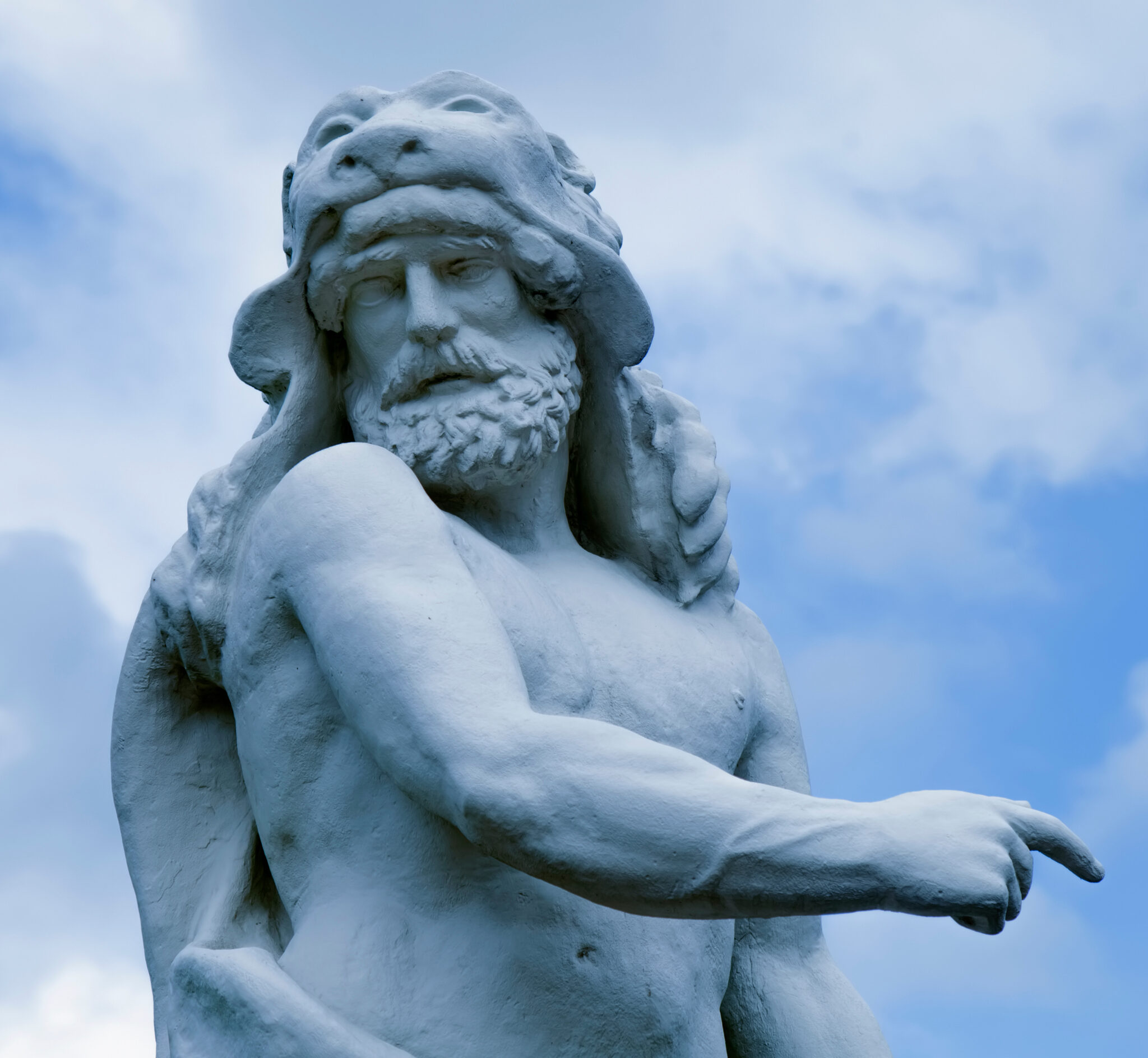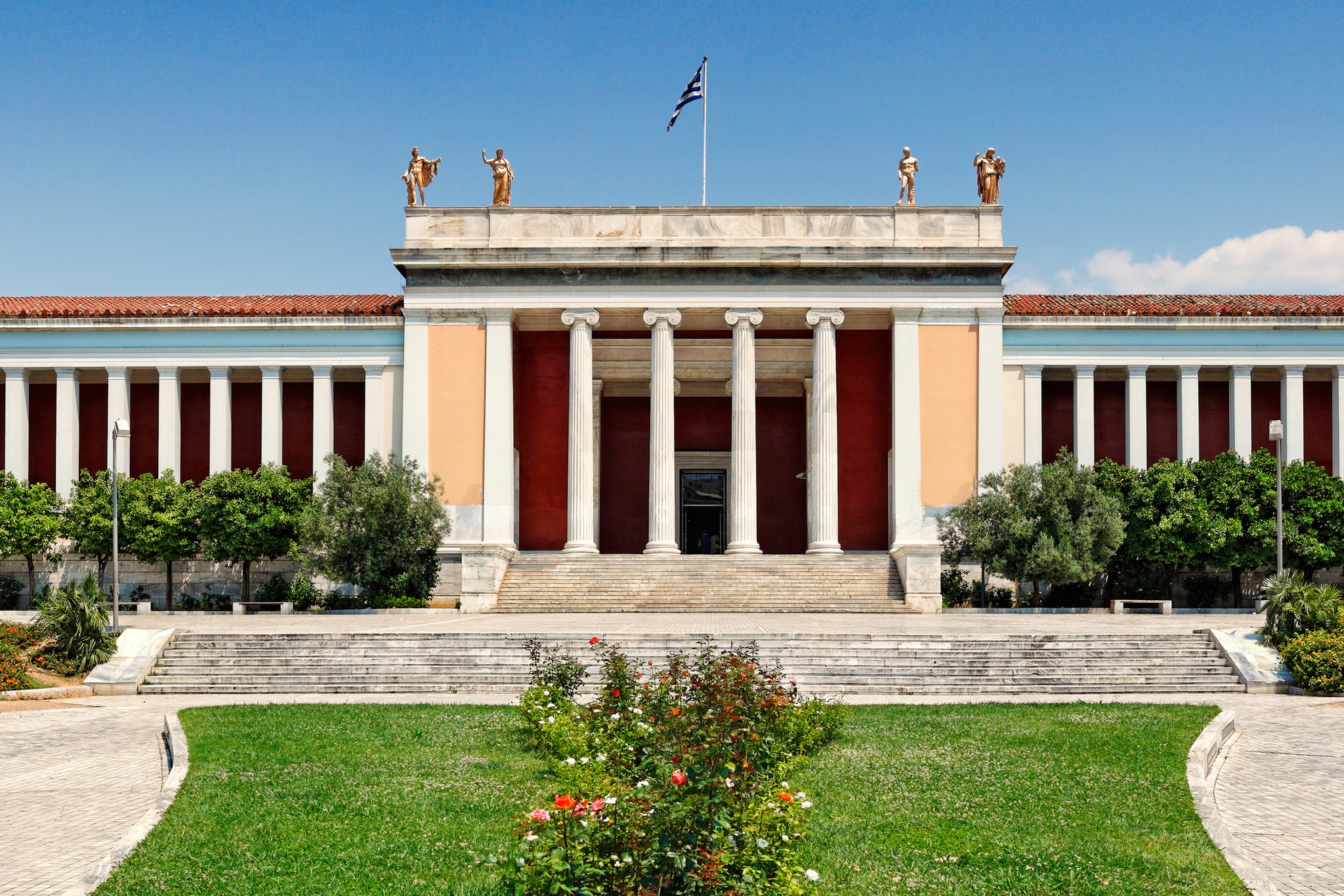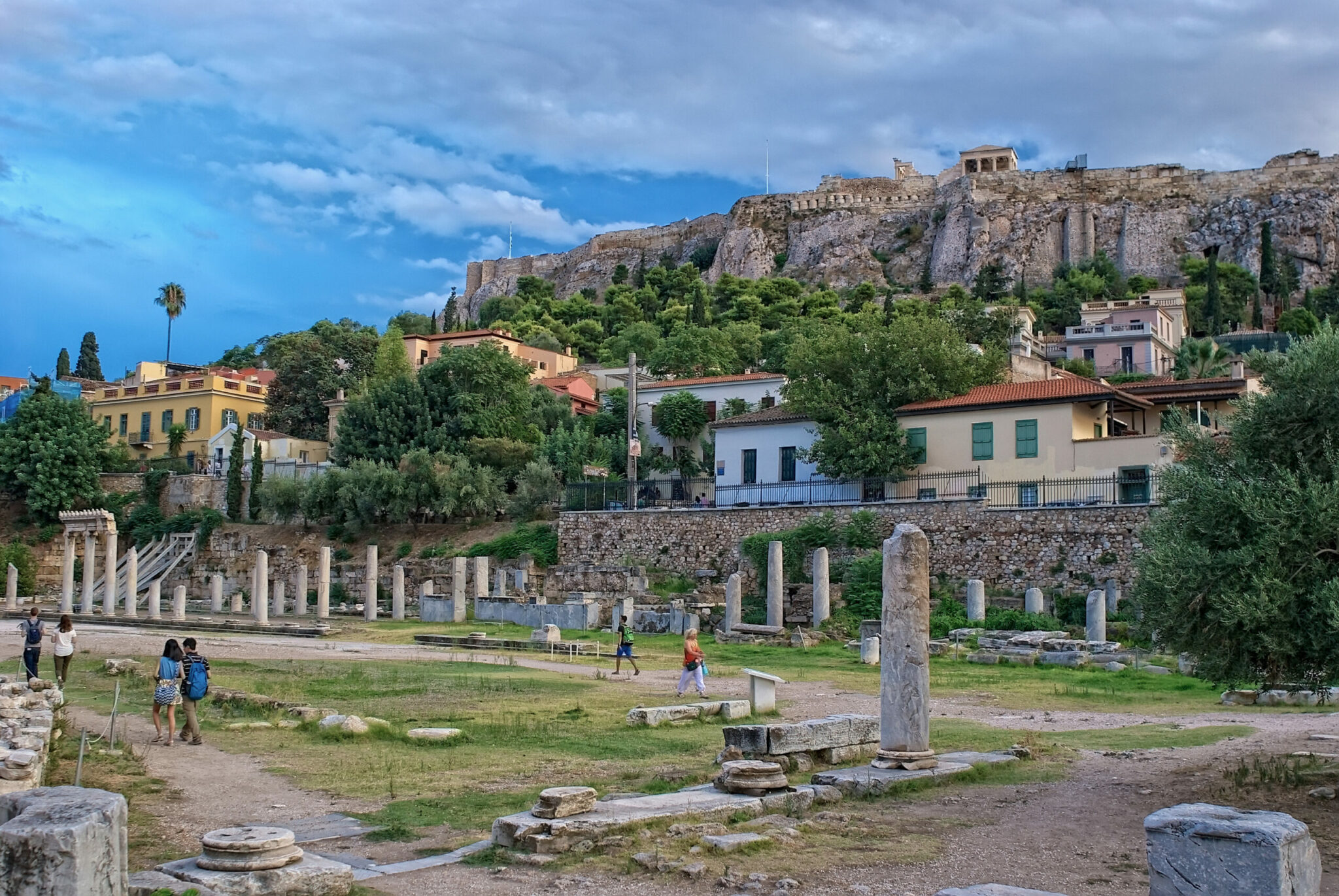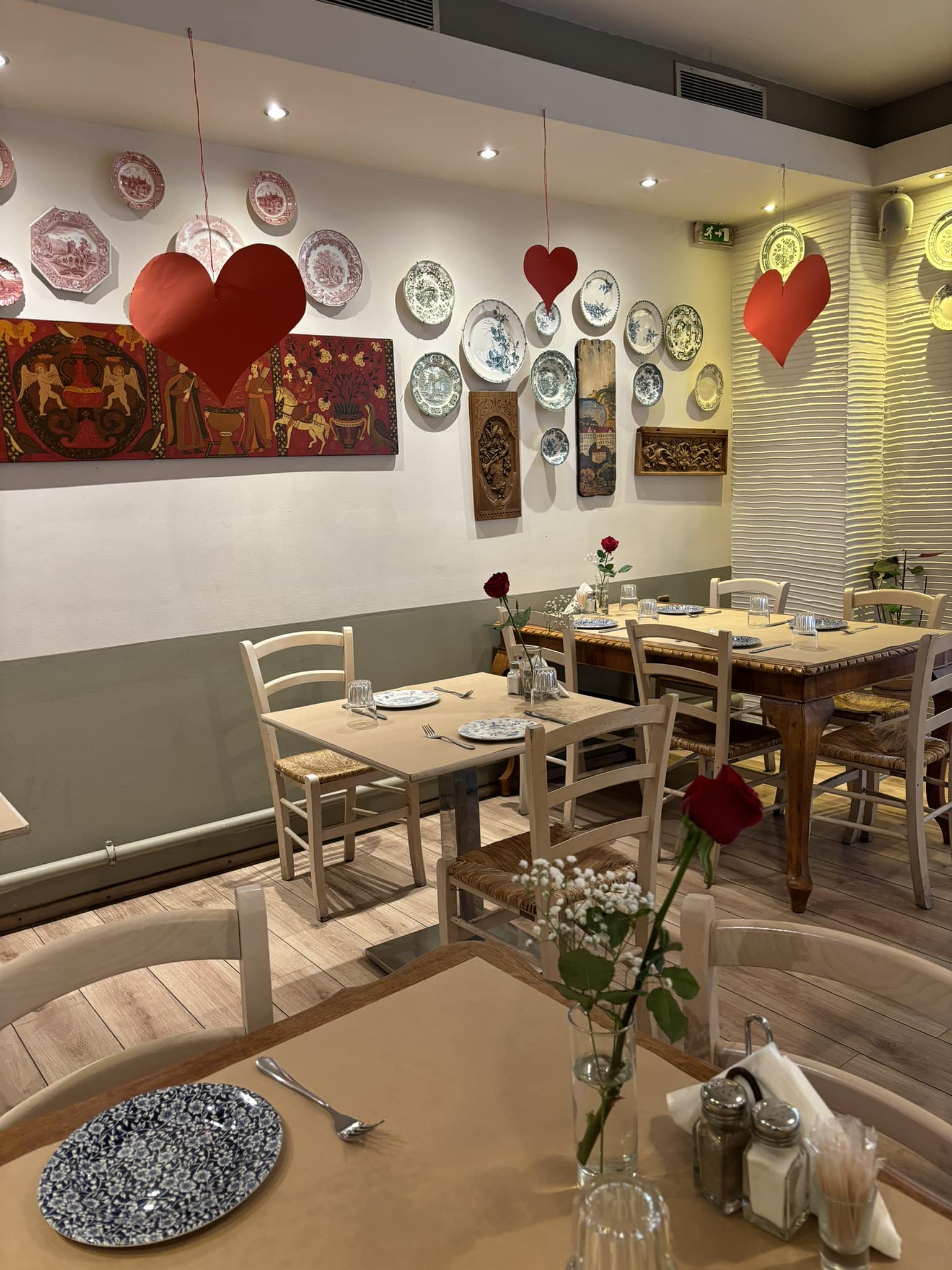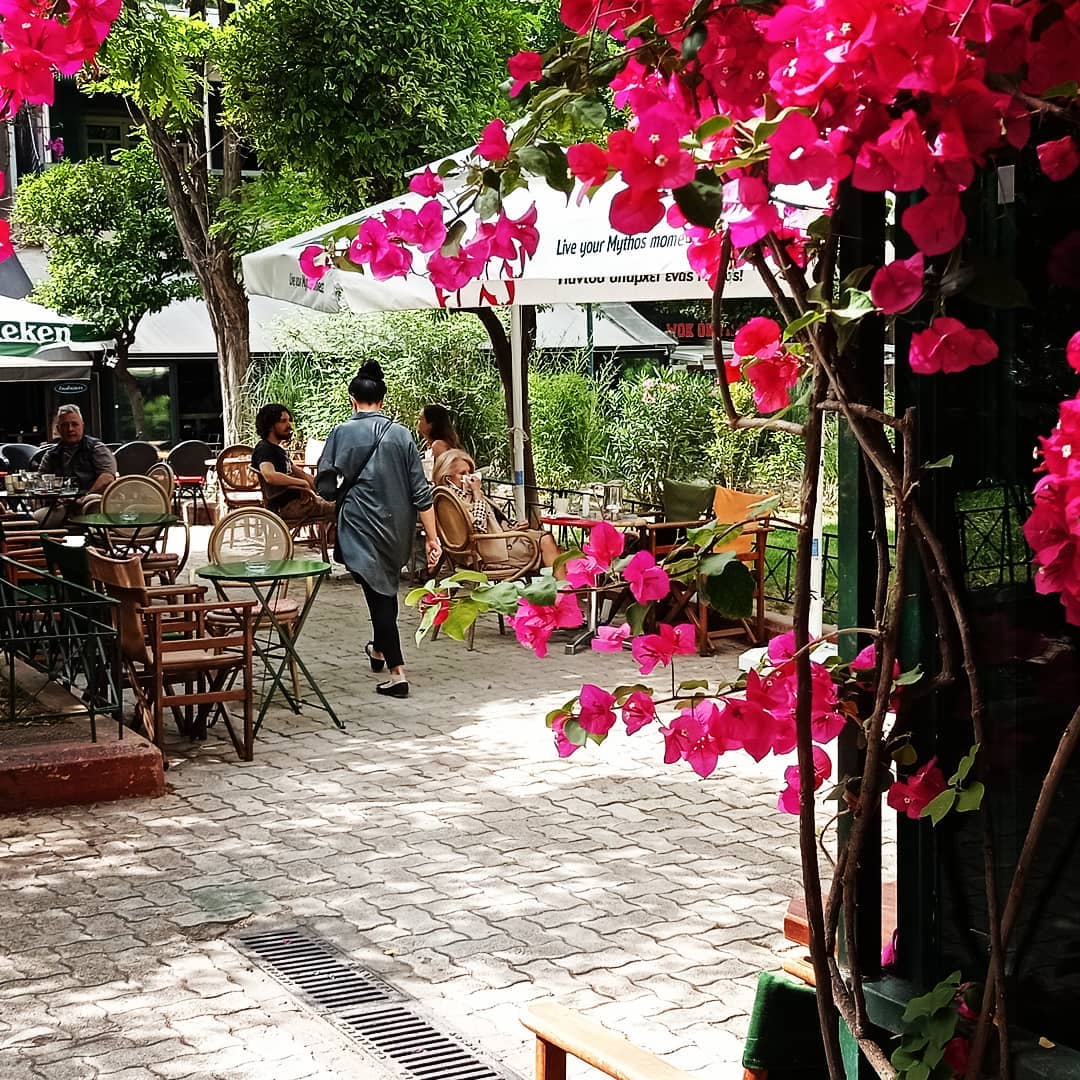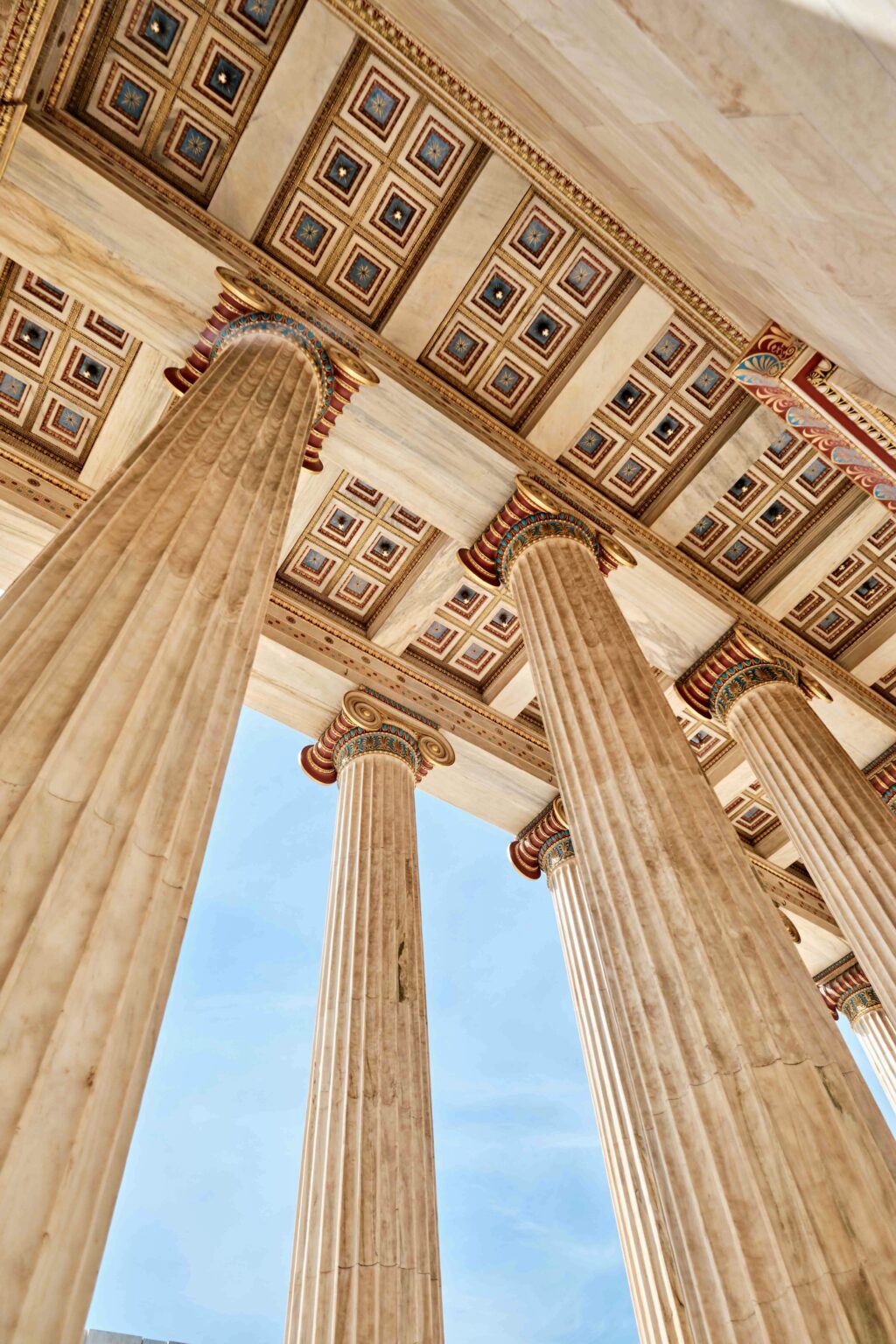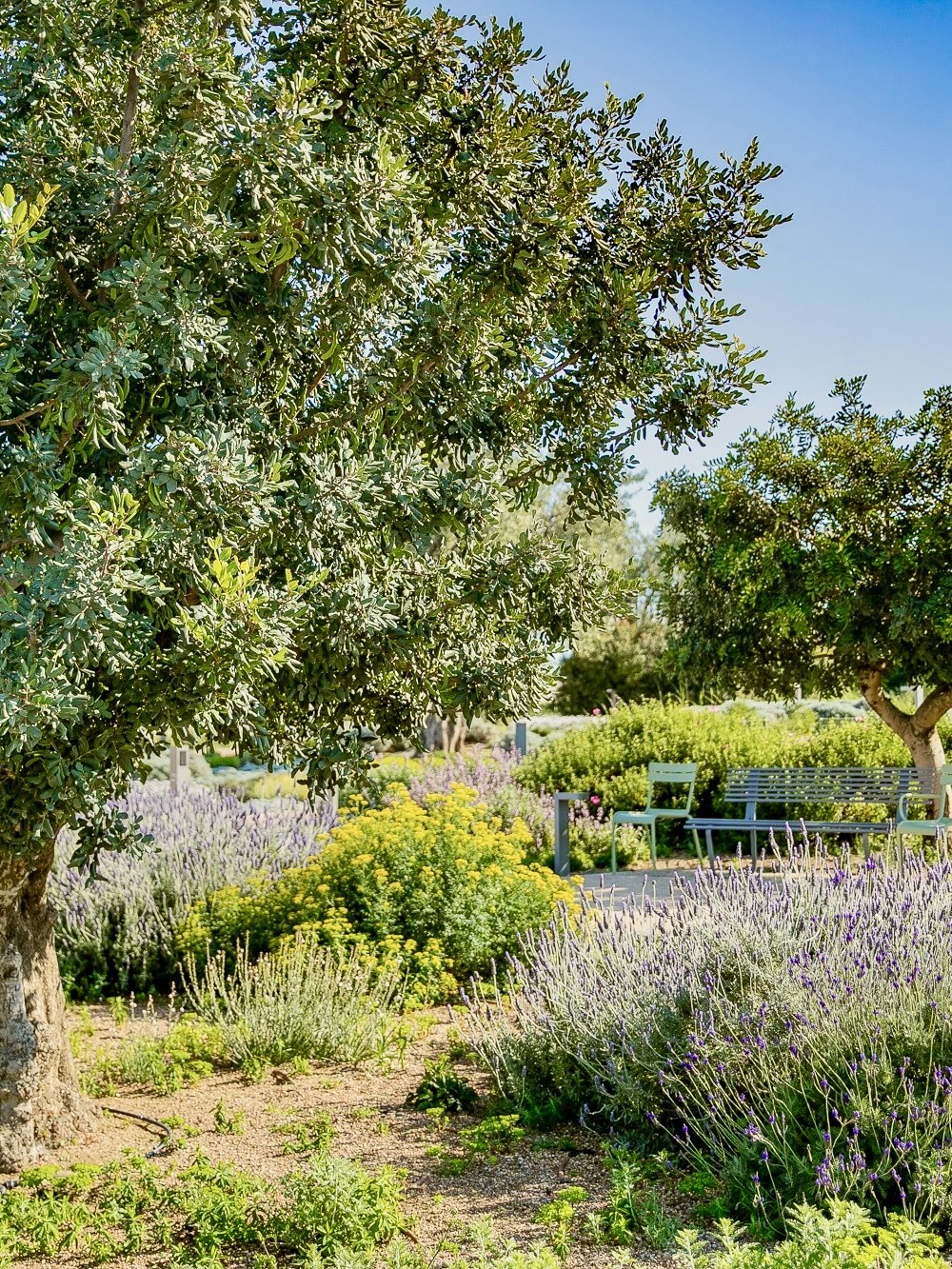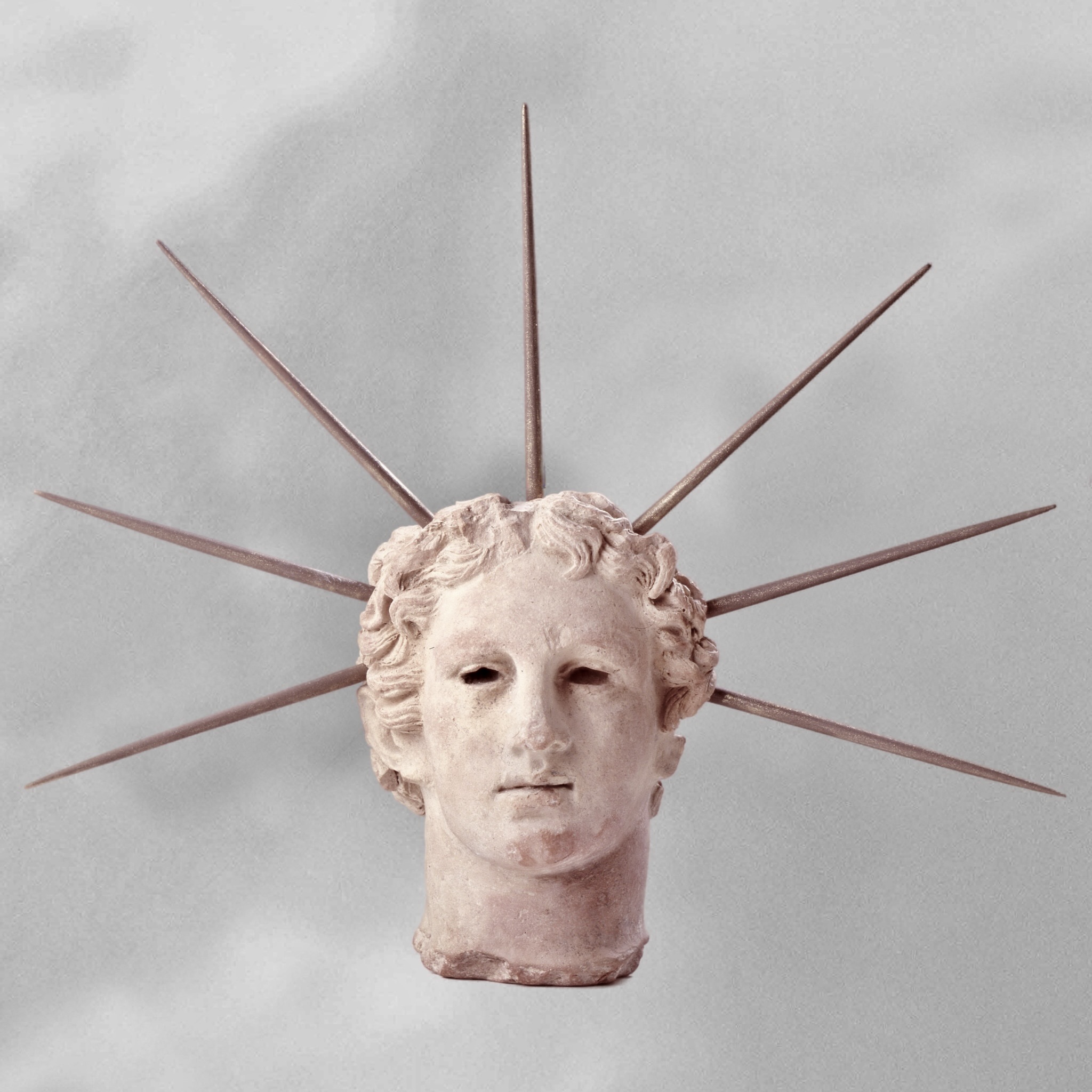Donald J. Robertson has long been the doorway through which a new generation wanders into the marble colonnades of classical philosophy. The Scottish cognitive-behavioral psychotherapist is behind a string of best-selling titles – How to Think Like a Roman Emperor, Stoicism and the Art of Happiness, The Meditations of Marcus Aurelius and, most recently, How to Think Like Socrates – that have turned Stoicism into something you can pack beside your sunglasses. Yet what drew us to him was not only the reach of his bibliography or his standing-room-only lecture schedule; it was the fact that Robertson has chosen to anchor the next chapter of his life in Greece.
He now splits his time between Montreal in Canada and the pellucid Attic sky, exploring the city’s neighborhoods (when we met for this interview we sipped iced beer in Kypseli) and blending with their histories and people. Living here, he says, sharpens the edges of the philosophy he teaches; the city is both an ideal writing spot and muse.
That regularity of visits was never incidental. Robertson is the founder of the Plato’s Academy Centre, an ambitious plan to create a cultural hub on the very grounds where Plato once taught, turning a half-forgotten archaeological park into a twenty-first-century agora. In short, he is working to give Athens back a piece of itself, one that still shapes how the world thinks about ethics, resilience and the examined life.
For a travel portal devoted to the Greek experience, it is a pleasure to sit down again with the man who has made Greece not merely his subject but his home, and whose itinerary for the future begins where philosophy itself first set out on its journey.
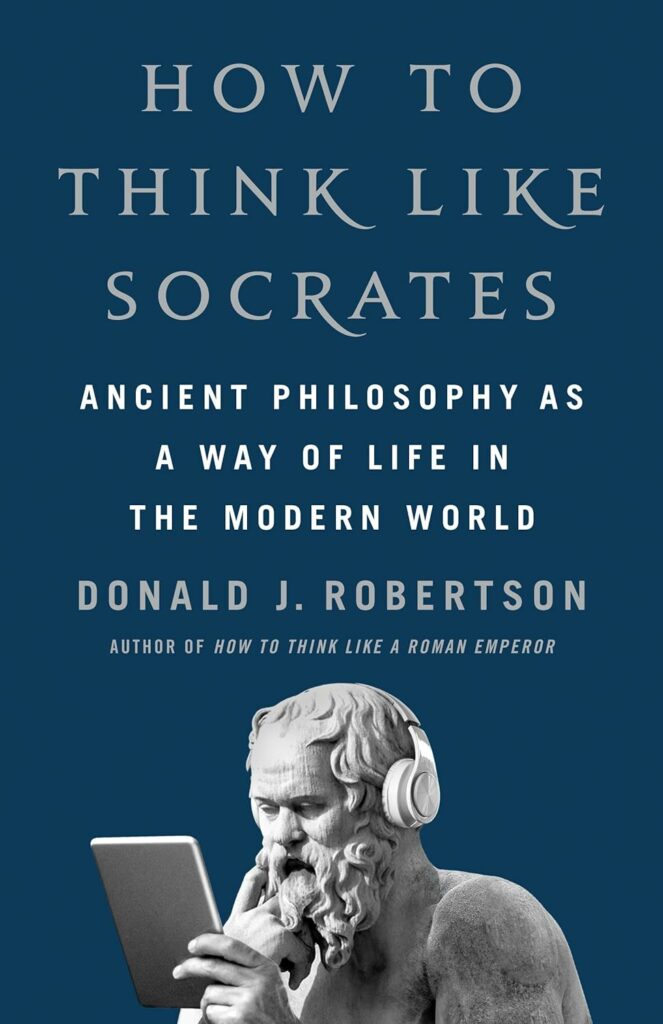
What brought you here today?
The presentation of the Greek translation of my book called How to Think Like Socrates, which is kind of a follow-up to How to Think Like a Roman Emperor. It’s about the life of Socrates, who lived a really, really interesting life, surrounded by really colourful and interesting characters, and most people don’t get a chance to really hear about that. If you learn about his life, it makes it easier to relate to his philosophy. And there are many anecdotes about Socrates. We know lots of little bits of information about his very colourful life. He was a very multifaceted and interesting guy.
Could you share some of those anecdotes?
Where would you even begin? There’s a legend that he was a stonemason, that he abandoned doing that to dedicate his life to studying philosophy. He was a hoplite. He fought in at least three major battles in the Peloponnesian War. He saved the life of Alcibiades in battle. He would have been a decorated military hero, but he refused the trophy. Perhaps he didn’t think that he was the only person involved in it, so the credit should be shared.
He met with some of the greatest and most influential men of his era. And then he was put on trial. His trial is one of the most dramatic events, a turning point in the history of Western philosophy. Plato’s account of it, The Apology, was one of the most widely read philosophical texts in history. Socrates became very famous for the stand that he took in court, defending philosophy unapologetically. His thought and his life are intertwined.
Everyone knows that—you experience that when you read The Apology. It’s about his character, about his life, about the stand he took, as well as about his thought. Somehow over time, we lose that a little bit. The story of his life becomes fragmentary. People don’t know who some of the characters were, or much about the period in which he was living. So I tried to place him more in his historical context and bring him to life for modern readers.
How about your initiative to host walks at the Academia Platonos?
When I first started coming to Athens in 2018, I wanted to go to historical sites. I went to the location of Plato’s school, in Academia Platonos, in the middle of Athens. It’s a kind of empty space. A lot of people go there and they don’t know how to connect with it. Some people think of it as a dog park or a place for kids. It’s the first institution of higher education in Western history—the prototype of all universities. Every academy in the world takes its name from Plato’s Academy! So in a sense, it’s more famous than Coca-Cola.
Most people, even academics and authors, when I say, “How would you feel about coming and giving a talk at the original location of Plato’s Academy?”—they go, “That would be awesome.” Then they pause and say, “Does that exist still?” They think, surely if that was still a thing, one would have heard of it. But people don’t really promote the fact that it was such an important site in the history of philosophy.
What happens on the Philosophy Walks?
We’re not doing workshops or lectures. It’s more of an informal meet-up. We walk through the park and we talk about philosophy. We pick quotes or sayings or questions that are simple, accessible to anybody, and connected to ancient Greek philosophy. The first one we did, we discussed two maxims from the Temple of Apollo at Delphi: “Know Thyself” and “Nothing in Excess.”
Since you first visited Athens, how has your understanding of it evolved?
Well, I can order coffee in Greek. Actually, I speak a little Greek, badly with a Scottish accent, and I can read more now than before. I know my way around Athens a bit better now, and have some favourite spots. I have more friends here, actually, than I do in Montreal.
I can appreciate life in Athens more. But Athens still surprises me. It can be a little chaotic but that’s one of the reasons I like it here. It’s also a very inspiring place. It’s easier to be a writer here. I’ve gone from being a tourist to the president of a nonprofit based here and getting my permanent resident card. So I’m starting to feel like I live here, at least part-time.
Does being here offer you a better sense of Greece’s philosophy?
I definitely think so. I can walk among the ruins of Akadimia Platonos, of course, and the Agora, the Lyceum, the Kerameikos, Acropolis, and more. I know that Socrates, Plato, Aristotle, and Zeno, the founder of Stoicism, among countless others, walked and talked here, and that inspires me. I can see the landscape that they saw. When Marcus Aurelius talks about the view from the Acropolis, I can see that it overlooks, among other things, the state prison in the Agora, where we believe Socrates was probably executed.
By talking to my Greek friends, and actually countless random people, I’ve learned that fragments of ancient thought still permeate modern culture. I think it’s easy to underestimate this. People often tell me that moderation is best.
Stoicism has become hugely trendy. Why is that?
I think one reason was that as CBT grew in popularity, Stoicism gained kind of indirect validation from that. It filled a gap, and was also endorsed my top celebs like Gwyneth Paltrow. Stoicism actually is the philosophical inspiration for CBT. The founders of CBT explicitly state repeatedly that Stoicism inspired them.
Other key reasons are that it is often seen as a Western alternative to Buddhism, although most of the people that are into Stoicism are agnostics or atheists – about 70%, 80% – so for them the appeal is that it’s based on reason rather than faith. Meanwhile, it’s also viewed as a more down-to-earth alternative to academic philosophy. I found that as well.
I’ve noticed Stoicism is especially appealing to men. Why is that?
First of all, I think it’s a good thing because psychotherapy and self-help, on average, appeal more to women. Men are kind of underrepresented, in a sense. And there are various reasons why some men out of bravado or machismo don’t feel able to go and seek help from a counsellor or therapist.
You were recently asked to comment on some references the controversial power influencer Andrew Tate made on Stoicism. What do you think about the messages he gives to young men today and what’s the appeal?
These guys objectify and essentialize emotion by telling people it’s completely natural to get enraged, rather than encouraging them to question why they got angry in the first place. Tate says that if you, for example, ask a girl out on a date and she rejects you, then it’s understandable you would be really angry. That’s his first mistake – because not everybody feels the same way about rejection. Some people might think it’s trivial or temporary. Others might see it as an opportunity to learn.
While Socrates often says, if you get upset about something, you should ask yourself why other people don’t respond the same way. Maybe you could learn to cope better.
Tate says you should go to the gym and channel your anger in a positive direction. But research has shown that venting anger consistently isn’t therapeutic. It makes you feel better temporarily but makes you more prone to anger in the longer term. It does nothing to change the underlying sense of entitlement that made you prone to losing your temper in the first place.
What would the Stoics advise?
According to Stoic thought, what you should be doing is identifying the thoughts and beliefs that made you feel angry, evaluating them rationally, questioning them, and rehearsing alternatives. If you just get rid of the feeling, it does nothing to deal with the underlying problem.
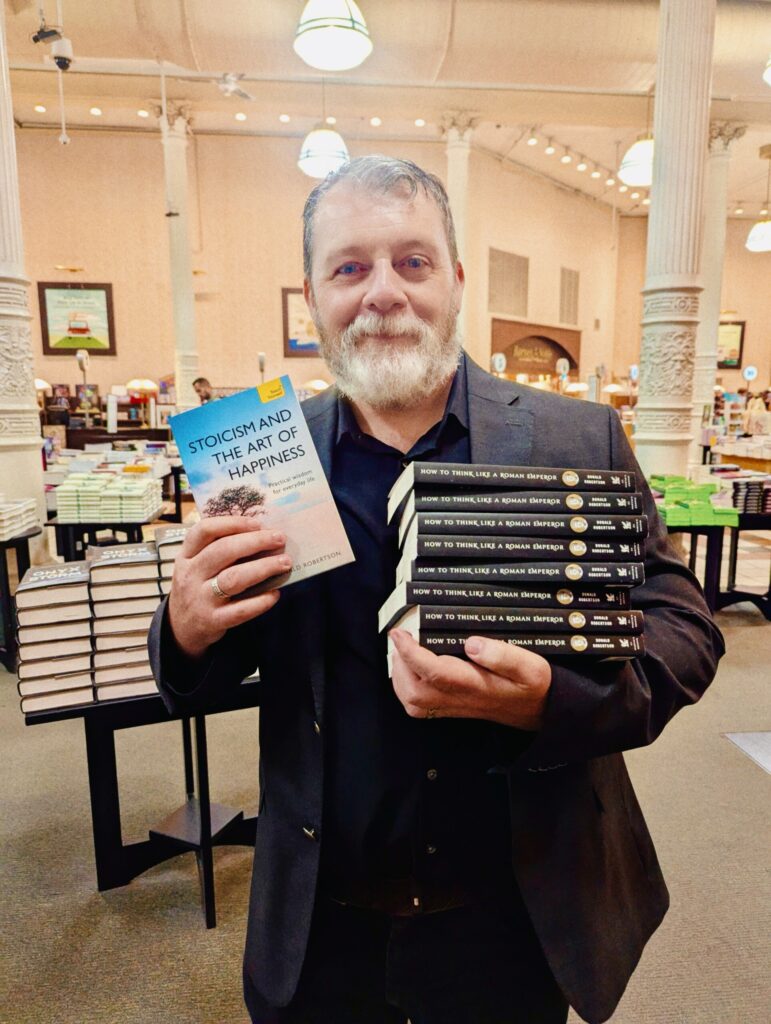
Is self help culture on social media dangerous?
We consume more self-help information than ever before. There’s no question about that. The internet’s absolutely awash with it. But we’re no less neurotic than we were 20 years ago, despite the fact we’re consuming 10 times as much self-help.
Today, a lot of the thinking is done for you. Social media is full of influencers who want to tell you how to think. The problem is that simple, formulaic advice tends to encourage rigidity rather than resilience. Research has shown that people who are emotionally resilient have coping flexibility.
Self-help influencers are more successful the more they emphasize the rigidity and simplicity of what they’re teaching, because when people are stressed, they want simplicity. But simplicity isn’t adaptive. It’s not good for emotional resilience in the long run.
And we often take online advice at face value.
Yes. They put a lot of effort into trying to convince you that they’re happy and successful, which is ironic because often they seem to be shouting and screaming.
One of the most powerful ways to create a habit is if it relieves discomfort. So a habit, that’s called negative reinforcement in psychology. Habits that relieve pain or discomfort often become very powerful and very repetitive, as well as kind of addictive. And, you know, people will drink whisky or smoke weed or they’ll compulsively reassure or distract themselves because it seems to make them feel better temporarily.
What you then have is a self-help industry that’s dominated by people who often aren’t qualified, don’t have any psychological training. And therefore, in many cases, they’ll advocate these maladaptive coping strategies.
The other thing they do a lot, not all of them, but the ones we’re picking on in the Manosphere and stuff, they spend quite a lot of time blaming people’s problems on specific groups. So kind of scapegoating and stuff. This is what the Sophists did, influencing young men.
What are you working on next?
I’m working on a book about anger. Most of my CBT coaching clients – currently a majority of whom are men – have issues with anger. We’re also looking for property to create a base for the Plato’s Academy Centre in Academia Platonos where we can have workshops. And we run online conferences—our next one is called “Democracy and Tyranny.” It’s a virtual event. We had 1,300 people at the last one, which was about anger.
What are your favorite spots to hang out in or visit in Athens?
Kypseli is where I spend most of my Athens time. I like the long, car-free stretch of Fokionos Negri; it’s easy to push my son’s stroller there and stop at the new playground. If friends join, we’ll eat slow-cooked lamb at O Bakalogatos, grab a quick falafel from the corner shop, or finish the night with drinks at Orpheas or Phoivos. Even errands stay local – my haircut comes from Epaminondas just down the street.
I still drift farther afield. The atrium café of the National Archaeological Museum is my usual spot for meetings; earlier today someone there recognized my voice and mentioned she’s reading my Socrates book. I like the roof-top view from Mount Lycabettus, the taverna tables that look over the Agora, and dinner at Ilissia inside the Byzantine and Christian Museum, set on Aristotle’s old Lyceum. I’ve also lodged in Exarcheia and Koukaki. But whenever the day winds down, Kypseli – with its walkable boulevard and easy mix of cafés, bars, and everyday life – pulls me back.




